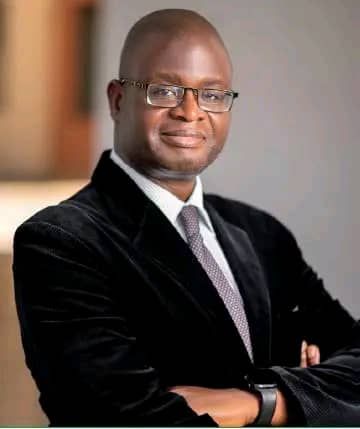By Burnett Munthali
The Government of Malawi has appointed seven seasoned technocrats to serve as directors at the Malawi School of Government (MSG), an institution established with the mandate to build the capacity of both public and private institutions in the country. The new appointments come as part of the government’s continued effort to enhance the professional and administrative capabilities of civil servants and other stakeholders involved in governance and development.

A statement released by MSG Director General, Professor Asiyatu Chiweza, confirmed that the appointments had been approved by Capital Hill. The new directors appointed to spearhead various key directorates within the school are Steve Sharra, Enea Katundu, Cathren Mselemu, Christine Siame, Sithembile Dunda, Devlin Nkhoma, and Dennis Msakwiza.
Professor Chiweza’s statement emphasized the expertise these individuals bring to the institution, noting that their diverse backgrounds and wealth of experience will play a vital role in fulfilling the mission of the MSG. The appointment of these directors is seen as a crucial step in ensuring that the school achieves its goal of improving the public service sector in Malawi.
The Malawi School of Government, created in 2022 through an Act of Parliament, was the result of the merger between the Malawi Institute of Management (MIM) and the Staff Development Institute (SDI). The aim of MSG is to enhance the capacity of both public and private institutions by offering training, research, and development programs for professionals. With a particular focus on improving governance and management within the civil service, MSG is tasked with producing highly qualified individuals who can contribute effectively to the country’s development goals.
The new directors will lead key directorates within MSG, focusing on specific areas such as leadership development, management training, and policy analysis, all of which are integral to the institution’s broader mandate. Their appointment comes at a crucial time, as the country faces several challenges that require a well-equipped public service to navigate complex issues.
Steve Sharra brings a wealth of knowledge in public administration and policy implementation, with extensive experience in governance issues.
Enea Katundu has expertise in organizational development and strategic management, essential for driving MSG’s vision of strengthening the capacity of institutions.
Cathren Mselemu is known for her work in human resource management and development, an area vital to fostering a capable and professional public sector.
Christine Siame has a background in public service and leadership training, which will be critical in shaping the next generation of government leaders.
Sithembile Dunda brings her expertise in project management and institutional development to the table, which will help drive the success of MSG’s capacity-building initiatives.
Devlin Nkhoma is a seasoned professional in policy analysis and institutional capacity-building, making him an ideal candidate to lead the school’s research and training programs.
Dennis Msakwiza has a strong background in public sector management, and his skills will be crucial in ensuring that MSG remains effective in improving the administrative capabilities of government institutions.
The appointment of these seven directors is a step toward realizing the full potential of the Malawi School of Government in its role as a cornerstone institution for public sector capacity-building. As they take on their new roles, these individuals are expected to bring their collective expertise to bear on the challenges facing the public service in Malawi.
Their leadership will be critical in ensuring that MSG delivers on its promise to equip both public and private institutions with the skills and knowledge needed to effectively manage and govern the country’s resources. With these appointments, the government has expressed its commitment to improving governance and public service delivery, which will undoubtedly have long-term benefits for Malawi’s development.


